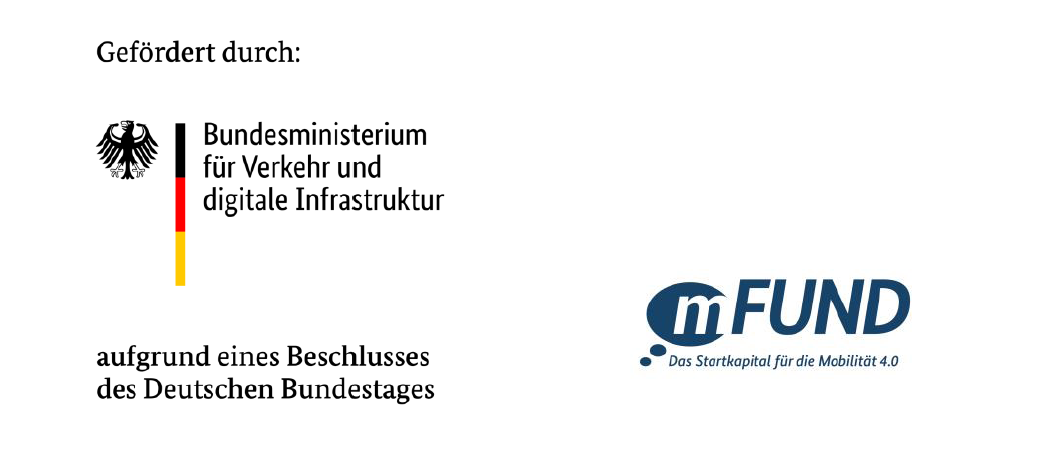Recently, more and more people have been using neobrokers to invest in the capital market. On behalf of Trade Republic, DIW Econ investigated the socio-economic background, motivation and investment behaviour of this new generation of investors. The study is based on a survey of 216,000 Trade Republic users and is thus the largest survey-based study of private investors worldwide.
